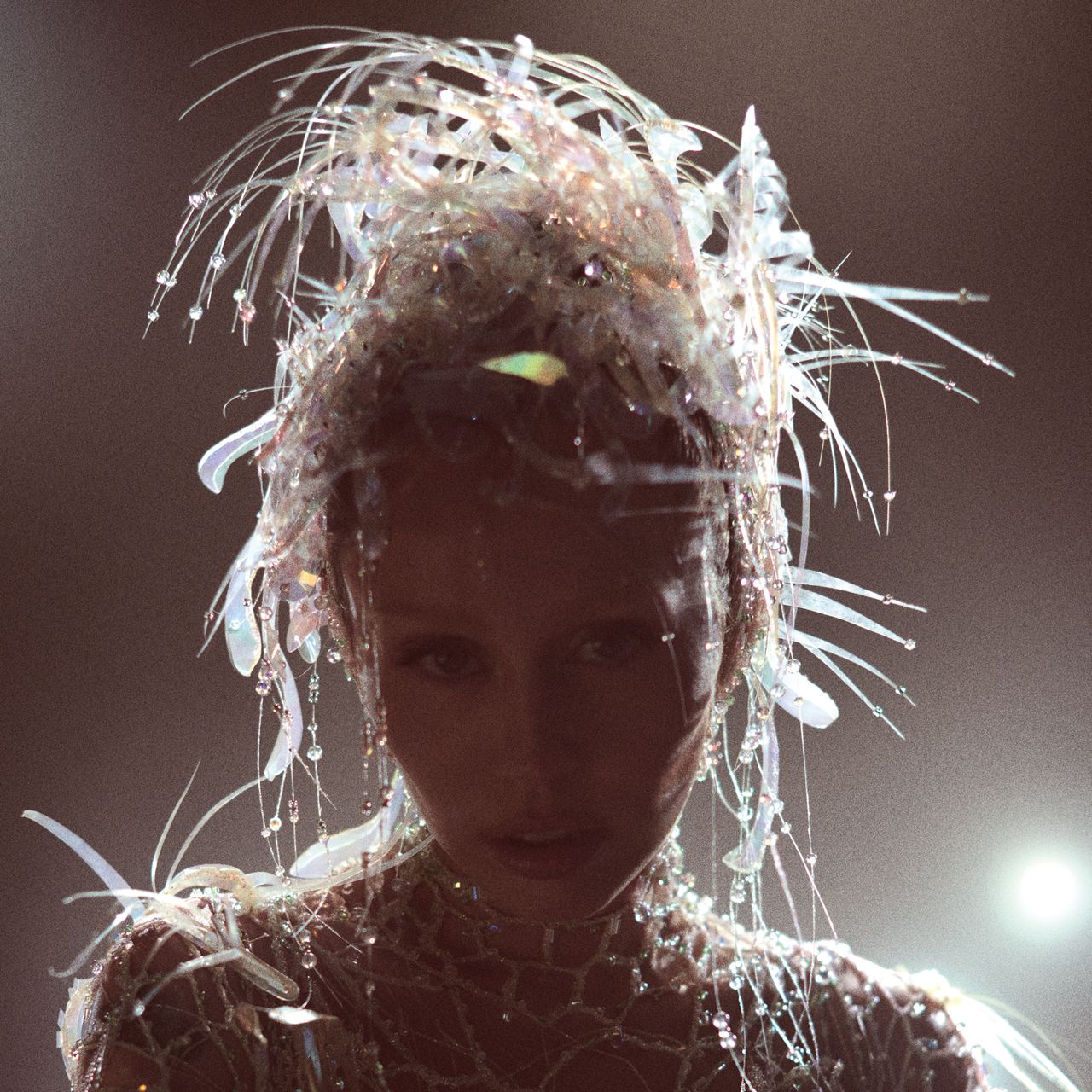Have you been in a prominent but underappreciated indie rock band within the past 15 years? Does your musical expertise include Cristal Baschet, fiddle engineering, or “ambient sculpture?” Have you ever been favorably reviewed by this website? If you answered “yes” to one or more of these questions, you might be on Miley Cyrus’ new album.
Something Beautiful, Cyrus’ follow-up to her 2023 LP Endless Summer Vacation, features a credit roster that rivals the length of this review. It is a concept album without a concept: “My idea was making The Wall, but with a better wardrobe and more glamorous and filled with pop culture,” Cyrus told Harper’s Bazaar last fall. Executing that vision, however thin, required an army of indie rock vets: Foxygen’s Jonathan Rado, Alabama Shakes’ Brittany Howard, the War on Drugs’ Adam Granduciel, Nick Hakim, Alvvays’ Molly Rankin and Alec O’Hanley, Yeah Yeah Yeahs’ Nick Zinner, the Lemon Twigs’ Brian D’Addario, and Haim’s Danielle Haim, just to name a few. Cyrus executive-produced Something Beautiful with Shawn Everett, who also plays a number of instruments on the 13-track album—a tonally confused entry in Cyrus’ catalog that lurches between hi-fidelity art rock and soggy, warmed-over pop. Directionless and thematically vague, it starts with a bang and ends in a whimper.
Cyrus released “Prelude” and “Something Beautiful” as the album’s lead singles, a choice as misleading as making them the opening tracks. They are Something Beautiful’s best songs, and the only pieces that audibly justify Cyrus’ sprawling team of collaborators. Though their initial presentation was laughably “high concept” (in both music videos Cyrus preens about in archival couture), the songs themselves contain the most interesting arrangement and production Cyrus has ever recorded to. “Prelude,” co-written by Cole Haden of New York experimental group Model/Actriz, is part Tangerine Dream sci-fi score, part spaghetti Western overture, recorded with a dizzying amount of equipment: Moog, Fairlight CMI, saxophone, violin, Barr-Fox Wurlitzer Theater Organ, cello, viola, Minimoog. Cyrus does her best Laurie Anderson impression atop the layered arpeggios; spooling out stoic but evocative spoken word, her voice is slightly mottled, as if coated in fine ash. It almost works, except for the clumsy, inflated language (“Like when following an image from a train/Your eyes can’t keep the passing landscapes from being swallowed into endless distance”).
